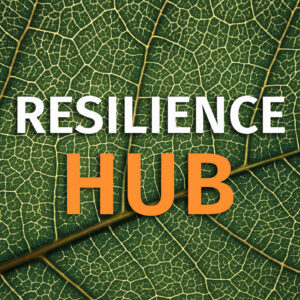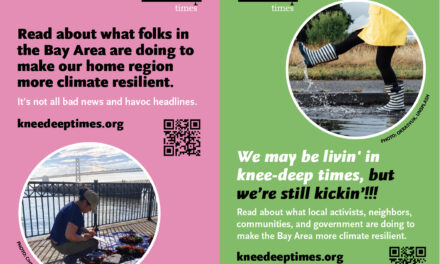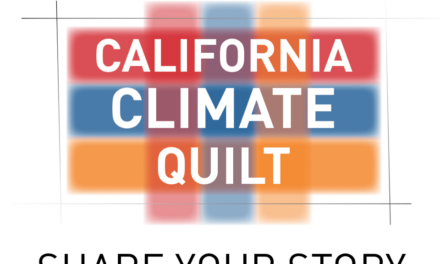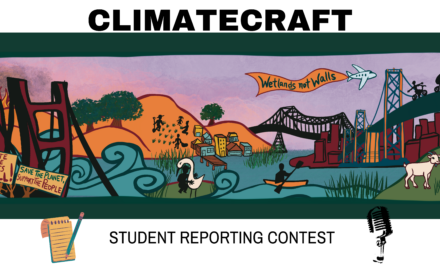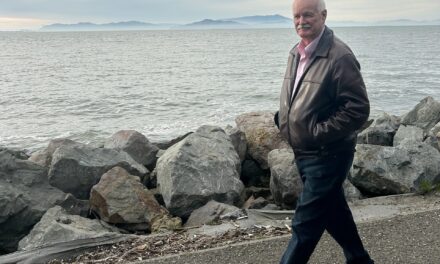Community Editor Job Announcement
Seeking Community Editor
See also new assistant editor position open fall 2025.
Starting summer or fall 2025, KneeDeep will be looking for a freelance, part-time community editor for a pilot project lasting between 9 months and one year.
The new editor will manage and implement a special grant to expand reporting, citizen storytelling, and climate science and health education in under-represented communities.
Responsibilities may include: mentoring journalism students from community colleges, meeting Bay Area communities where they live, working with local CBOs and neighborhood groups to support citizen storytellers, and re-imagining KneeDeep content for broader audiences (short-form video, audio, WhatsApp, etc.).
The new editor will also be supported by, and collaborate with, KneeDeep’s small, agile, freelance editorial team. The team includes three other part-time editors, a webmaster and an art director (see Magazine Team).
The new community reporting network, managed by the new community editor, will include:
- Community College Reporters: Fall, winter and spring fellowships with modest stipends will be offered for journalism students in Bay Area community colleges or state universities in areas under-represented in climate and environmental health reporting for the region. Current target areas include San Jose/Gilroy, San Pablo, Newark and Vallejo/Martinez/Benicia, among others TBD.
- Citizen Storytellers: Community members with local knowledge supported by KDT team in telling their own stories. (Modest stipends available as part of the grant.)
- CBOs selected to support this local climate reporting network, and work with citizen and community-based storytellers. (Modest stipends available as part of the grant.)
Four community listening sessions have already been held, with results available for review by serious candidates for the position.
This is NOT a remote position, must live in and be able to travel around San Francisco Bay Area for work.
Part-time freelance stipend for the editor $1000-$2000 per month (expect 25-30 hours work per month) depending on timeframe and division of work. Depending on needs and skills, editorial duties could be reconfigured to cover different tasks.
Qualifications
- Prefer journalism experience or training.
- Prefer bi-lingual, Spanish speaking applicants who live in the East or South Bay.
- Experience as an editor managing multiple projects and interactions with reporters, sources, and organizations a plus.
- Interest in and knowledge of topics such as environmental and social justice, disaster response, climate change mitigation or adaptation, local history.
- Ability to work independently.
- Local knowledge of cultural and landscape nuances around the Bay Area a plus.
How to Apply
Email the editor a resume or portfolio website, 3-5 writing samples, and a cover letter by June 24th, 2025 (EXTENDED TO July 25).
If you have further questions, feel free to email the editor.
Other Recent Posts
Reforming Rules to Speed Adaptation
Bay Conservation and Development Commission to vote early this year on amendments designed to expedite approval of climate projects.
Warner Chabot Shifts Gears
After 11 years at the helm of the Bay Area’s leading science institute, its leader moves back into the zone of policy influence.
Is Brooklyn Basin Emblematic of Regional Development Vision?
The 64-acre waterfront development adds thousands of new housing units to one of the world’s most expensive places, but questions remain about its future.
Coordinate or Fall Short: The New Normal
Public officials and nonprofits say teaming up and pooling resources are vital strategies for success in a climate-changed world.
Pleasant Hill Gets Sustainable Street Improvements
An intersection redesign with safer bike lanes earned a national Complete Streets award, while sparking mixed reactions from drivers.
Six Months on the Community Reporting Beat
The magazine worked with four journalists in training from community colleges, and began building a stronger network in under covered communities.
Rio Vista Residents Talk Health and Air Quality
A Sustainable Solano community meeting dug into how gas wells, traffic, and other pollution sources affect local air and public health.



